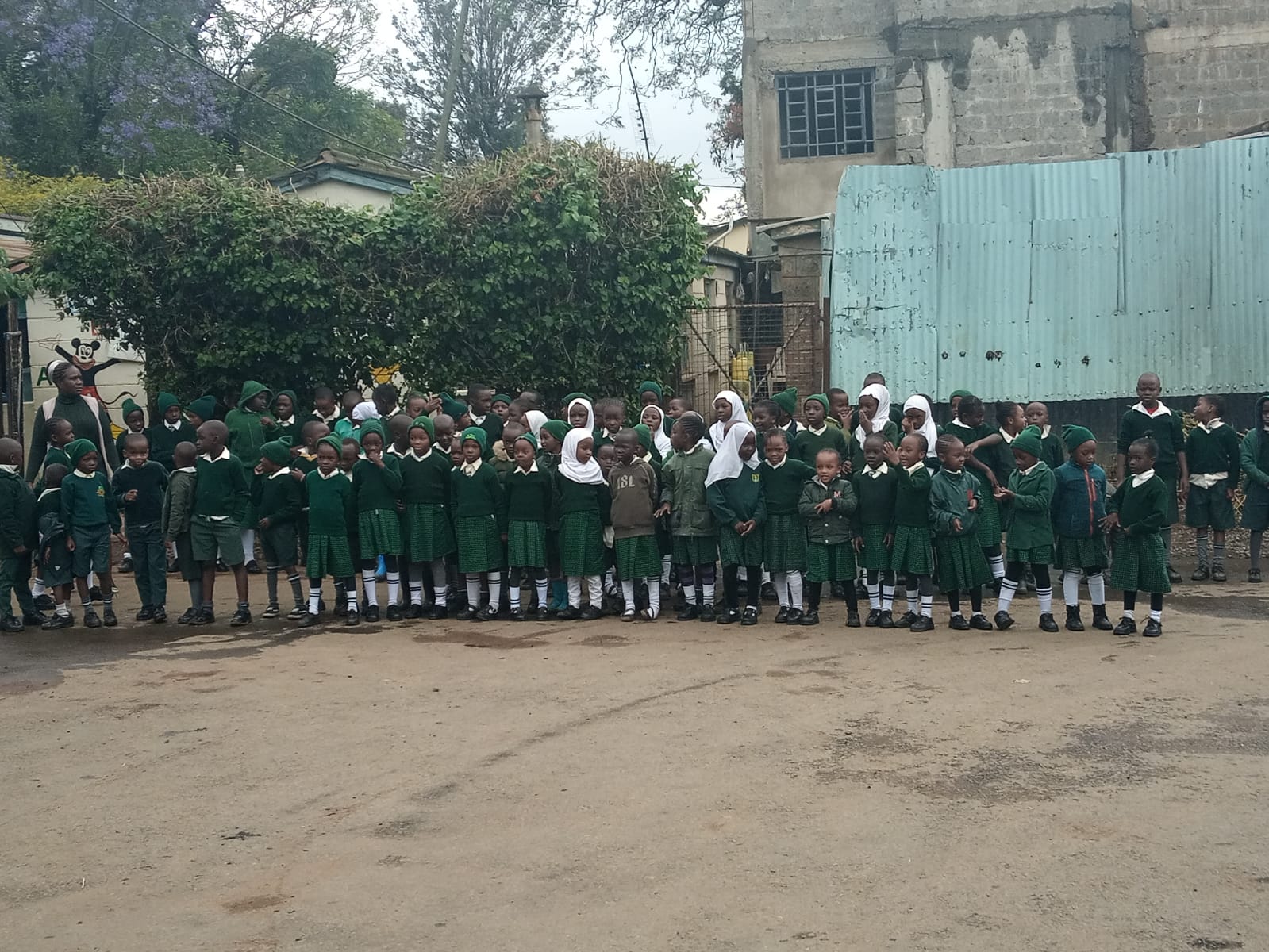Stakeholders in the health sector have been challenged to consider harm reduction as a key guide in driving public health strategies in Africa.
Harm reduction refers to interventions aimed at reducing the negative effects of health behaviours without necessarily extinguishing the problematic health behaviours entirely or permanently.
Speaking during the third annual Harm Reduction Exchange themed: ‘Amplifying the voice of Harm Reduction advocacy across Africa’, the president of the African Medical Association and the Association of Medical Councils of Africa Dr. Kgosi Letlape challenged African governments to adopt harm reduction approaches when regulating public health challenges.
Harm reduction, he said, is a more transformative strategy than prohibition-based policies and is better than simply advocating for complete abstinence. Harm reduction is a better approach to reducing tobacco-related death and disease.
“Harm reduction is a practical and transformative approach that incorporates community-driven public health strategies including prevention, risk reduction, and health promotion to empower people who use drugs and their families with the choice to live healthy and self-directed,” Dr. Kgosi said.
“We hope that our lobbying efforts will spark renewed conversations on tobacco harm reduction among all stakeholders, including regulators and policymakers, which could lead to effective regulation and access to noncombustible product alternatives for adult smokers who are unable or uninterested in quitting.”
Across the world, harm reduction strategies have been deployed in public health as a pragmatic and compassionate approach to address various issues, particularly in the context of substance use and other risky behaviors. Some of these strategies include Needle Exchange Programs, supervised injection sites, condom distribution, PrEP (Pre-Exposure Prophylaxis), Nicotine Replacement Therapy (NRT), Vaping and E-Cigarettes, and supervised consumption of medications.
“Organizations that practice harm reduction incorporate a spectrum of strategies that meet people where they are on their own terms and may serve as a pathway to additional health and social services, including additional prevention, treatment, and recovery services,” Dr. Vivianne Manyeki said.
On her part, Integra Africa Principal Dr. Tendai Mhizha emphasized the role that journalists and media houses should play in handling misinformation and disinformation in tobacco harm reduction discussions.
“The media play a critical role in accelerating the progress towards full uptake of harm reduction strategies in all spheres of health across the continent. With the advent of technology, we find that misinformation and disinformation are becoming increasingly prevalent with the democratization of the information space. Moving forward, there is a need to ensure that stakeholders are well informed with current and relevant information about the science, the changes that occur and how we can advance towards a smoke-free world,” Dr. Tendai said.
Raising awareness for tobacco harm reduction (THR) as a public health strategy encourages adult smokers who are unable or uninterested in quitting tobacco altogether to migrate to noncombustible product alternatives. THR has the potential to bring about one of the greatest public health achievements of our time,” said Dr. Tendai.
“Harm reduction is the better path forward. With harm reduction, regulators provide adult smokers with information, choice and support to expand the off-ramp from smoking – while also continuing to drive down underage use. Providing adult smokers with less harmful alternatives to cigarettes is a powerful step in achieving this goal,” Public Health Specialist and Secretary General of Harm Reduction Society in Kenya, Dr. Michael Kariuki said.
Several African countries have already implemented THR policies and programs. For example, South Africa has legalized the sale of e-cigarettes and heated tobacco products. Kenya has also taken steps to regulate THR products and is considering legalizing e-cigarettes.
The harmonization of public healthcare regulation of THR products in Africa would be a positive step towards reducing the harms associated with tobacco use. It would also signal that African governments are committed to public health and protecting their citizens from the dangers of tobacco smoke.
By Ogott Eric










